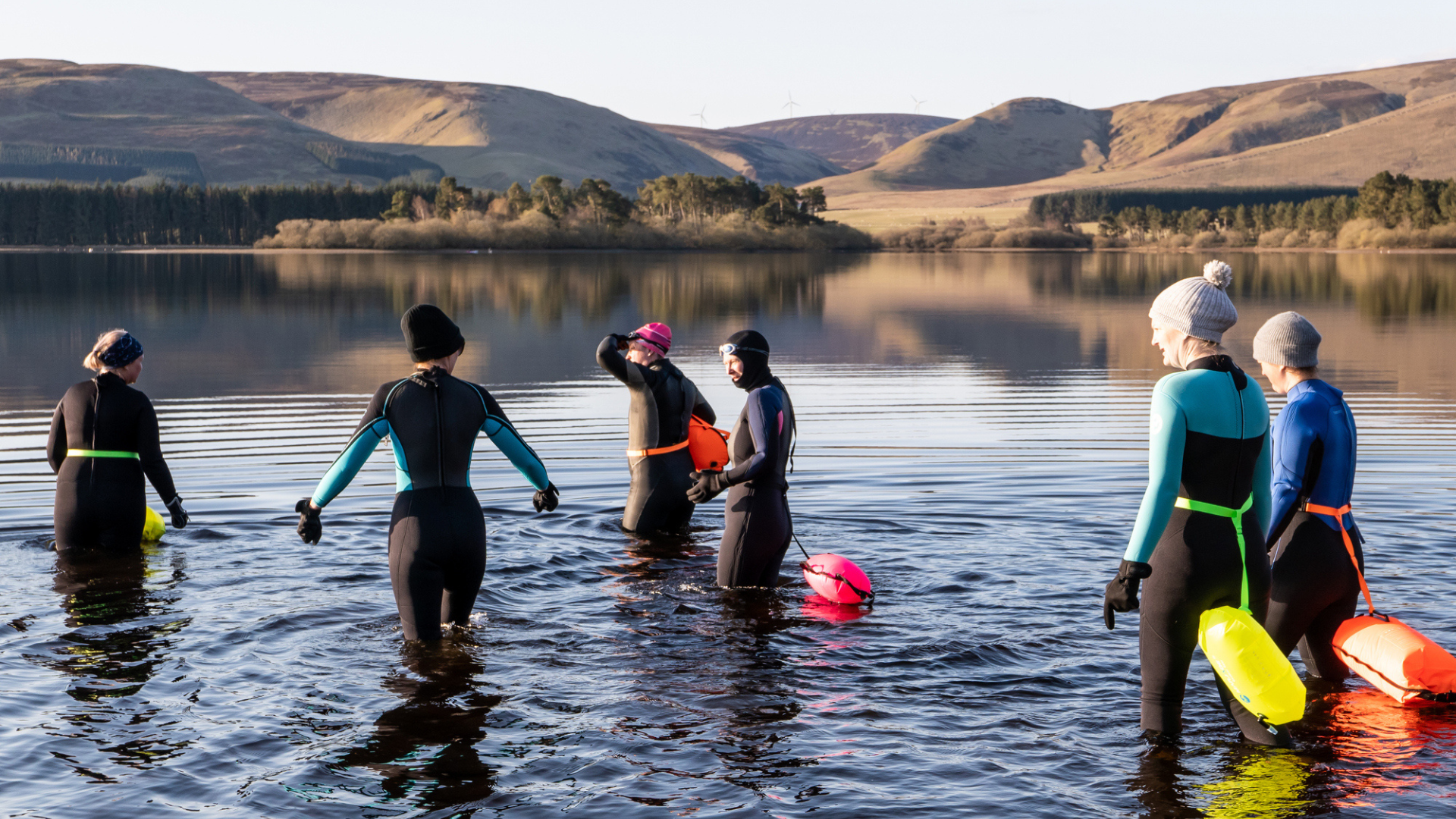What is Columbia's Omni-Wick technology? And does it actually work?
We all want our performance gear to handle sweat but is Omni-Wick up to the task, or just another gimmick?
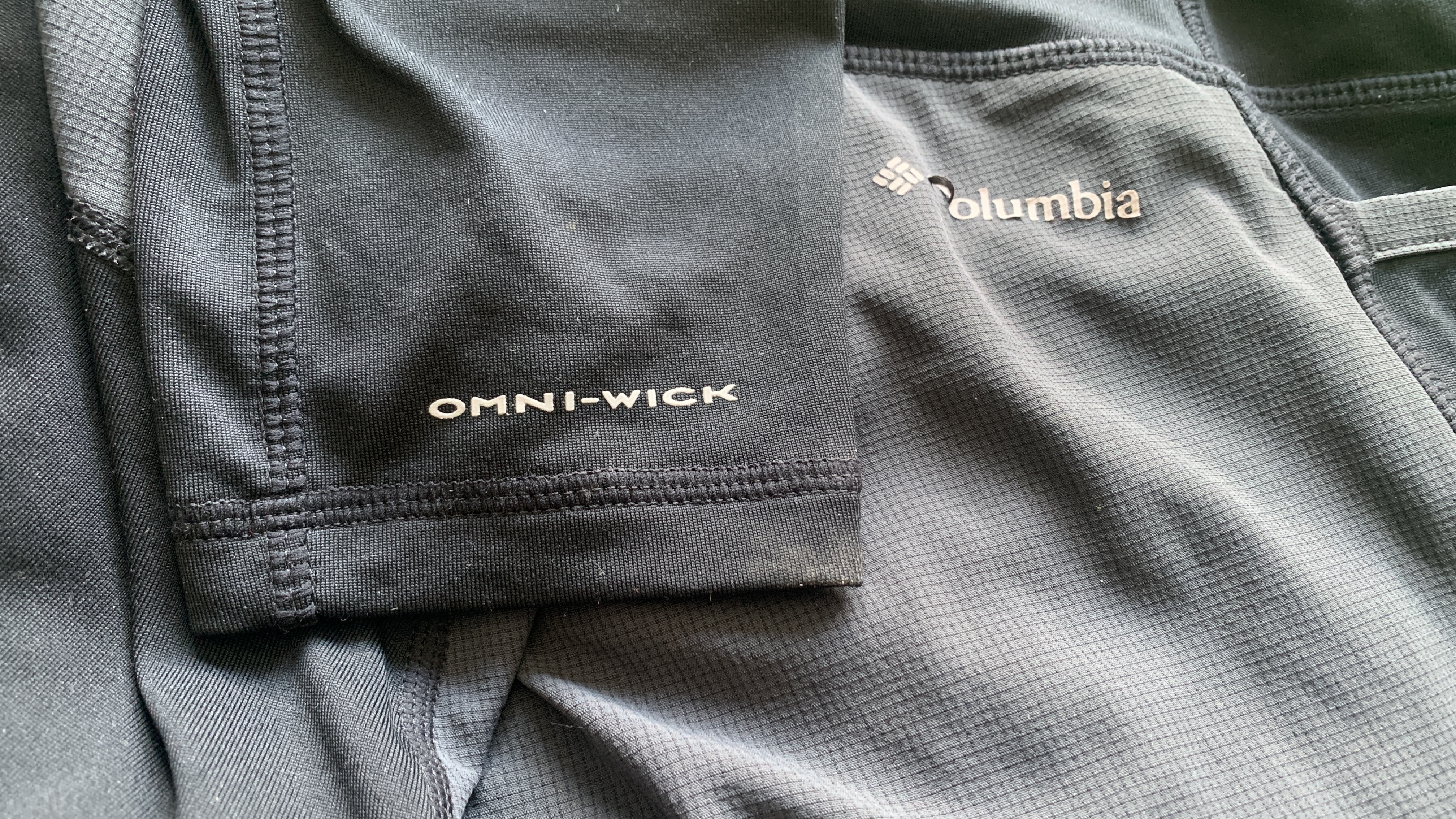
I just returned from a three-day trail running adventure across the Swiss Alps. Everything that I brought with me, I had to carry on my back and even though it’s the middle of July, I was going to be running at high altitude so I knew I’d most likely be in for warm days and cool nights.
I decided to bring a pair of running shorts, in case it was warm, as well as a pair of running leggings for cool days and cold nights. As the trip drew closer, I was advised that the Verbier area had experienced a lot of rain, with more in the forecast, so I decided to pack my Columbia Women's Back Beauty Warm Hybrid Leggings for my long pants option.
Honestly, these leggings aren’t strictly for trail running, but they’re a little more robust than most of my running/yoga leggings, which I thought was a good idea for such rugged terrain. Because I’d worn them in the Alps last fall during a hut hiking trip where the weather was seasonably warm and had been comfortable, I was pretty sure they’d do the trick and keep me more protected if the weather did take a turn for the worse.
I hadn’t worn these pants since their debut nine months ago, and as I was packing them, I noticed that they’re made with Columbia’s Omni-Wick technology. Having written about several other Columbia technologies – Omni Heat, Omni Heat Helix and OutDry Extreme to name a few – I decided to use the trip to learn more about Omni-Wick and test it in the field. Read on to find out what Omni-Wick is and how it can work for you under sweaty conditions.
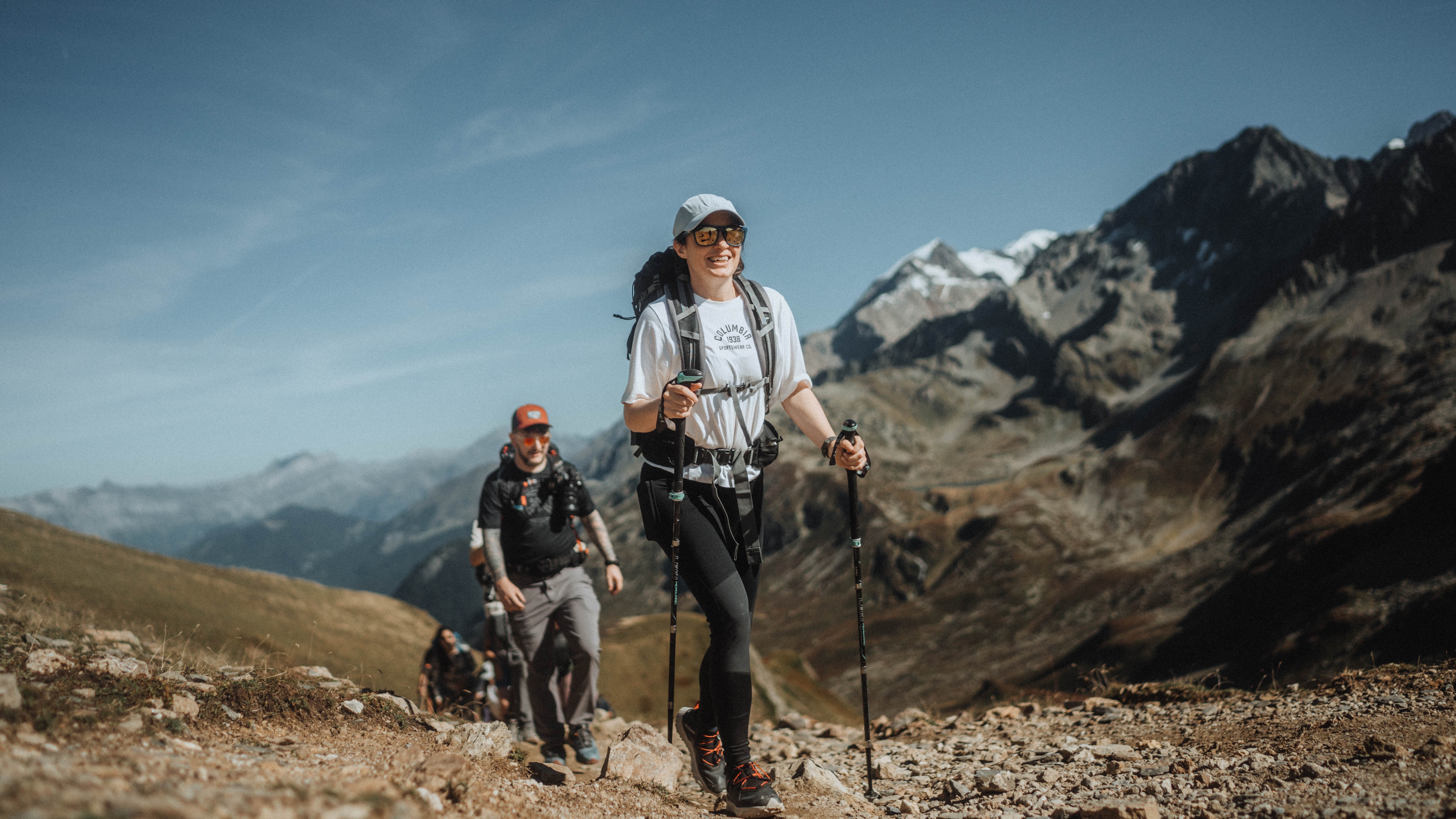
What is Omni-Wick?
Omni-Wick is one of dozens of fabric technologies developed by the brand Columbia Sportswear and therefore you’ll only find it in their clothing. It’s one of two technologies under the label of Wicking Technologies that the Oregon-based brand has developed.
Wicking technologies are those that keep you dry, but not by fending off the rain as in waterproofing technology. Omni-Wick is designed to handle that moisture that your own body releases when you work up a sweat while hiking or running up a mountain, so that moisture can leave your skin and evaporate through your clothes, allowing you to cool off.
According to Columbia, Omni-Wick is a performance-grade wicking technology built for outdoor activity in warm weather with the following benefits:
Advnture Newsletter
All the latest inspiration, tips and guides to help you plan your next Advnture!
- Allows moisture to move away from the body to accelerate evaporation
- Quick drying
- Enhanced next-to-skin comfort
In addition to my leggings, we’ve seen it in hiking shirts like the Newton Ridge short sleeve, running tights like the Tunnel Springs Wool Tights and hiking pants like the Silver Ridge Utility Convertible pants.
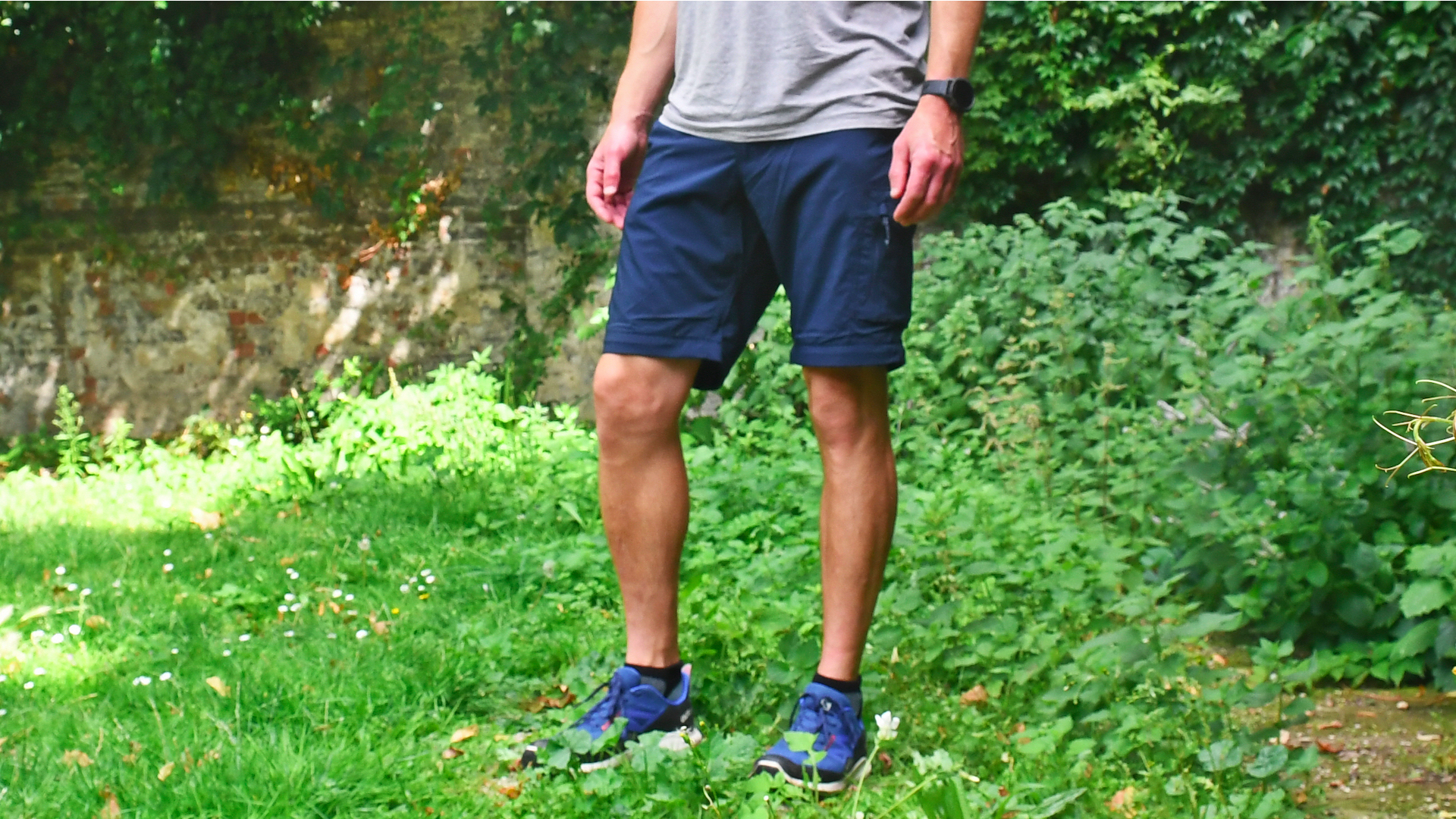
How does Omni-Wick keep you dry?
According to Columbia's official video on Omni-Wick, the fabric moves sweat away from your skin into the material where it spreads across the surface, which allows it to more quickly evaporate, unlike fabrics such as cotton which will absorb and hold onto moisture. This means you stay dry, which helps prevent chafing, and also means you stay cooler when it’s hot and don’t get chilled if you stop moving because the fabric won’t be soaked and clammy.
Unlike some of their other fabrics, there isn’t as much information out there as to how this technology works. For example, because Omni Heat is based on NASA technology, there’s lots to explain regarding how it reflects your body heat like an emergency blanket. However, the description for Omni-Wick is essentially the same as you’ll find for any moisture-wicking fabric.
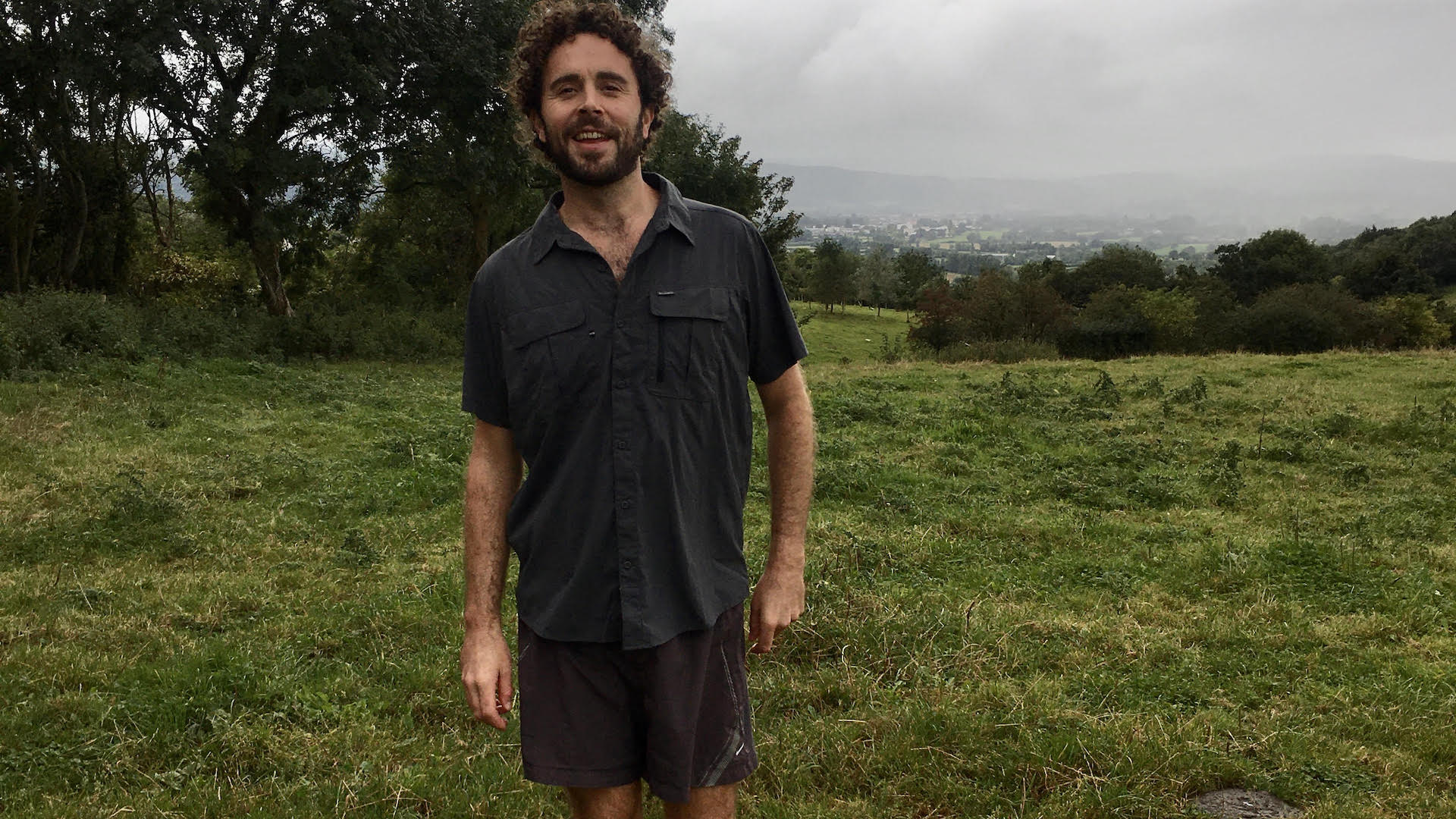
Does Omni-Wick actually work?
Without so many scientific explanations for how and why Omni-Wick works, I’m left to my own experience and, at least in terms of these leggings, I’d answer this question with a resounding yes.
I ended up wearing the leggings for two out of my three days running, during which time I never got caught in the rain. Instead, it was sunny and even though I was moving at altitudes of over 8,000 feet, daytime temperatures were still in the 70s. Everyone else on the trail was in shorts. The sunlight was intense and the slopes were steep. In other words, I should have been pretty uncomfortable wearing black leggings with the word “warm” in the title. But I really wasn’t.
I stayed comfortable on the uphills and when I stopped for breaks, I wasn’t damp and never felt chilly. Likewise, my colleague Pat Kinsella gave Omni-Wick a glowing review when he tested the Tunnel Springs Wool Tights on frosty adventures last winter, where staying dry becomes important to avoid getting cold when you slow down.
I’m not saying that wearing leggings for summer trail running is for everyone by any means, but I am saying that I trust this technology to keep me dry in a wide range of conditions. Now that I’ve tested these pants out in warm alpine conditions for several adventures, I’d happily wear Omni-Wick fabrics again for high-intensity endeavors whether it’s hot or cold out.
Julia Clarke is a staff writer for Advnture.com and the author of the book Restorative Yoga for Beginners. She loves to explore mountains on foot, bike, skis and belay and then recover on the the yoga mat. Julia graduated with a degree in journalism in 2004 and spent eight years working as a radio presenter in Kansas City, Vermont, Boston and New York City before discovering the joys of the Rocky Mountains. She then detoured west to Colorado and enjoyed 11 years teaching yoga in Vail before returning to her hometown of Glasgow, Scotland in 2020 to focus on family and writing.

